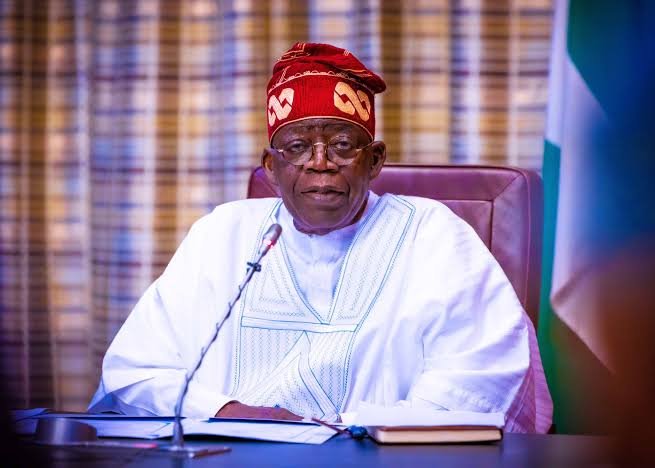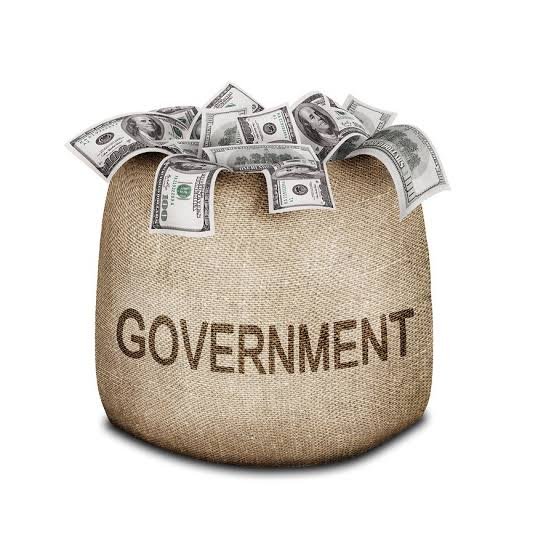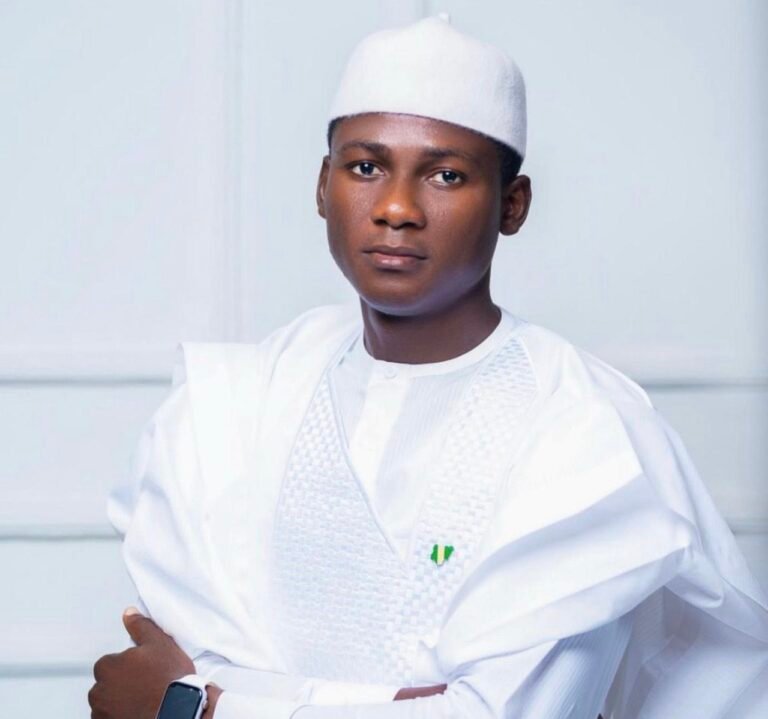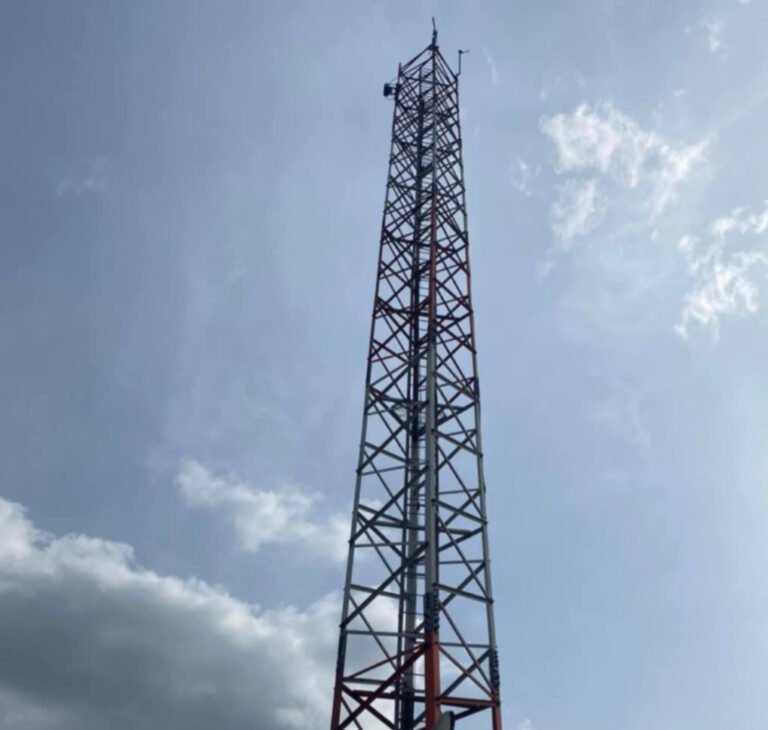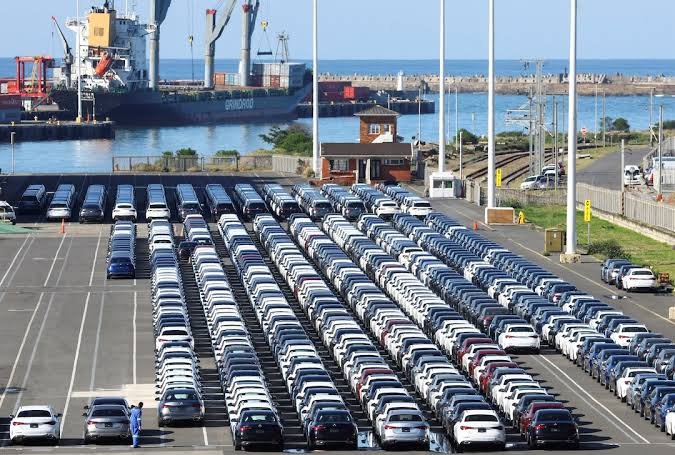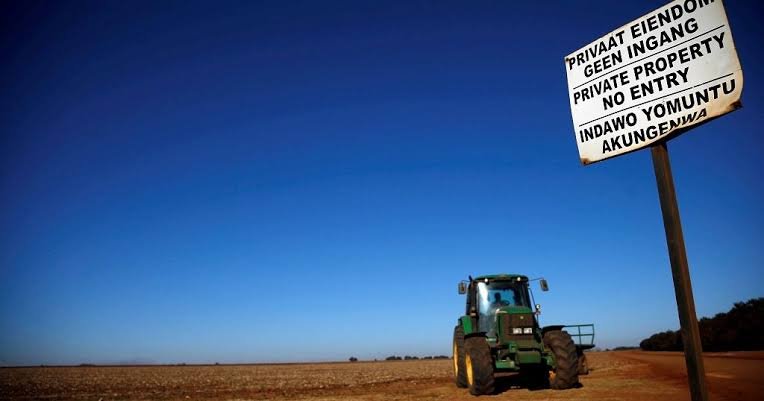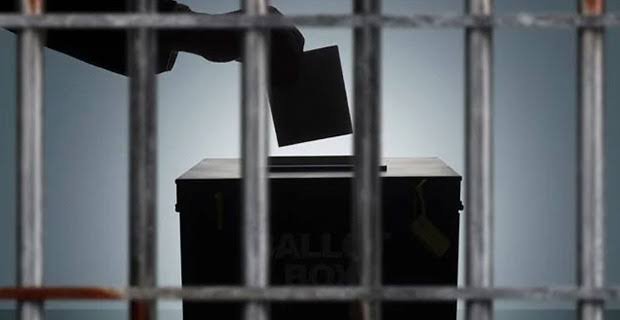It is unsurprising President Tinubu is requesting for the approval of $8.6 billion loan as the “Federal Government’s 2022-2024 external borrowing plan”. Since he assumed office, government’s spending has skyrocketed due to unnecessary creation and appointments into new political offices, reckless spending like buying news cars for himself and wife, and dashing out free money to people just to gain popular support.
In fact, some of the president’s recent appointments have led to legal suits for designating APC’s loyalists as INEC officers, a clear violation of the rule of law.
The danger of all this is that the appointment of individuals into newly created political positions amidst inflation is burdensome on Nigeria’s economy. One would think the new ministries and the offices of the new Special Assistants will translate into more jobs for Nigerians, but its true translation is more money from government coffers into the pocket of political allies.
While it is worrisome to have a leader who will not hesitate to breach the law to reward cronies, it is more worrisome to have someone who would do that at the expense of an economy struggling to survive. This kind of attitude wades away the trust and confidence the people had in the new administration when it implemented policies like fuel subsidy removal.
Overspending: A Strain on the Economy
Over the past few months, the government’s spending has ballooned as the administration recently approved a $2.8 billion supplementary budget to cover its extra expenses. As one may guess, the budget is full of “trivialities,” like the purchase of a new bulletproof car for President Tinubu and his wife, and an official vehicle for newly appointed Ministers and villa staff, among other expenses. The government appears irresponsible for doing this to a country that spends about 96 per cent of its 2022 revenue on debt servicing, according to the World Bank. If the trend continues with the present administration’s expenditures, KPMG says Nigeria might end up spending 100 per cent of its revenue on service debt.
With inflation in double-digits and the rising debt, the question is how will the government fund the spending? President Tinubu answered with “more debt!”.
Free Money, More Debt
Although the diverse social programmes like the conditional cash transfer and the Market-Moni scheme launched by Tinubu’s administration look like they would help Nigeria’s small and medium business enterprises, in true sense, they are maggots infesting the nation’s economy.
First, the conditional cash transfer initiative is unsustainable. The Federal Government is borrowing $800 million to give 15 million Nigerians N25,000 for three months. This is not a smart move in an economy where food price inflation already rose to 31 percent.
With over N87.38 trillion owed as of June 30, the free money initiatives will only make the nation reek of more debt.
Nigeria recorded a Government Debt of 38 percent of the country’s Gross Domestic Product (debt-to-GDP) in 2022.
The debt-to-GDP ratio compares a country’s public debt to its gross domestic product. By comparing what a country owes with what it produces, the debt-to-GDP ratio indicates the country’s ability to pay back its debts. As a rule, the higher a country’s debt-to-GDP ratio, the higher its risk of default.
“When a country defaults on its debt,” noted Will Kenton, an expert on the economy and investing laws and regulations, “it often triggers financial panic in domestic and international markets alike.”
According to Trading Economics, government debt to GDP in Nigeria is expected to reach 39 per cent of GDP by the end of 2023.
Low debts put a country on the track to healthy repayment and the ability to effectively manage global recession and economic shock. On the other hand, higher debts not only increase the risk of debt default, it also takes away the ability to manage recession as the country struggles to repay its debts.
The tinubu-led government’s bogus and unnecessary appointments and the government’s perverted handouts mean the country would be taking from its coffers more than it can afford. And this translates to more debt, creating a burden on the economy that is struggling to survive.
Nigeria is at its peak of economic crisis. Giving free handouts will only worsen the already deteriorating situation. The incentives serve as a temporary solution to a roaring economic regression. Rather than borrow exorbitantly to give money that can barely last most Nigerian households two days, the government should focus its energy on creating an environment for the SME to thrive.
Nigeria struggles with economic challenges aggravated by overspending, rising debt, and controversial appointments, citizens and policymakers alike need to reflect on sustainable solutions. Continuance of the policies implementation without review is dire. The government needs to carefully reevaluate economic policies, and be careful how it borrows.

